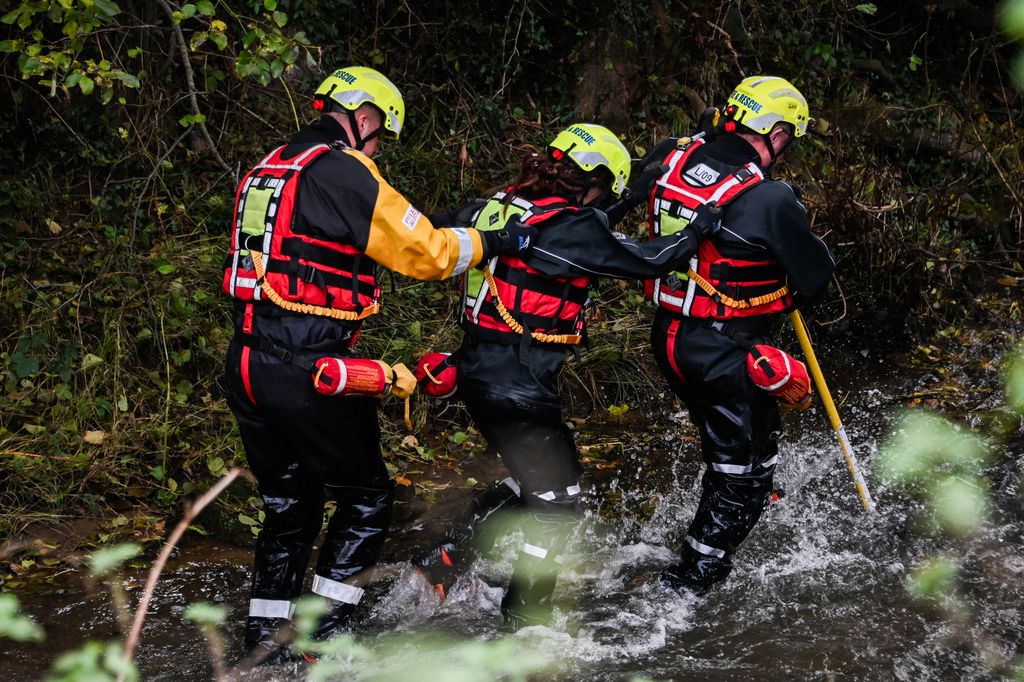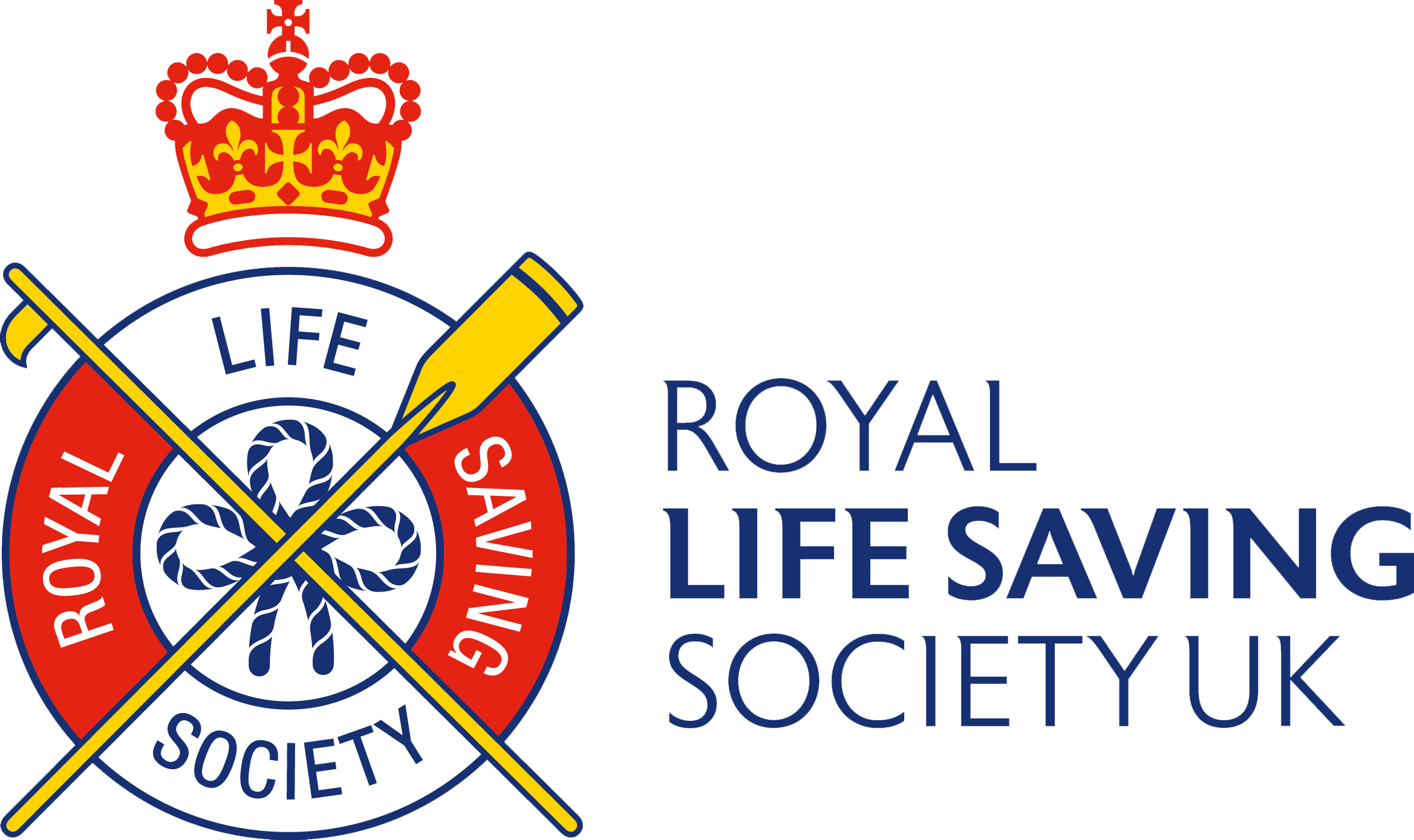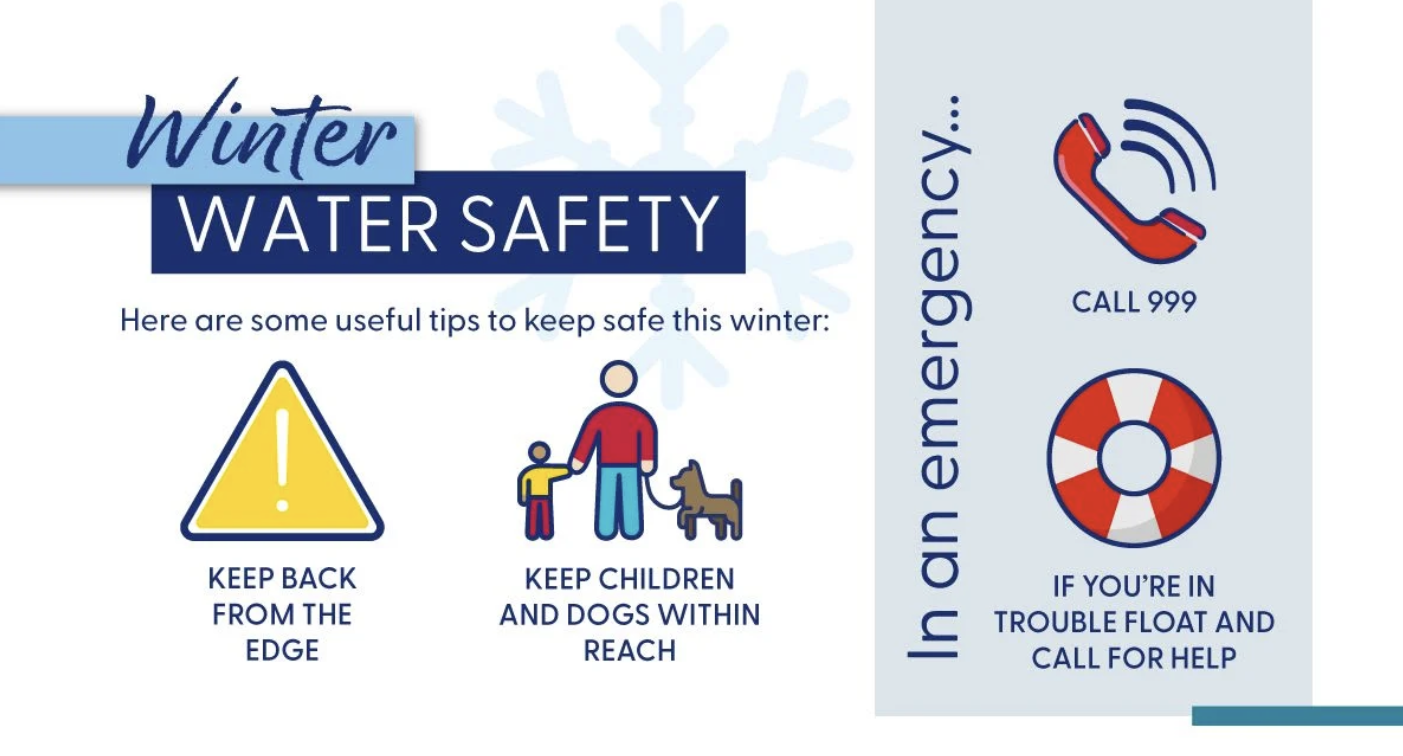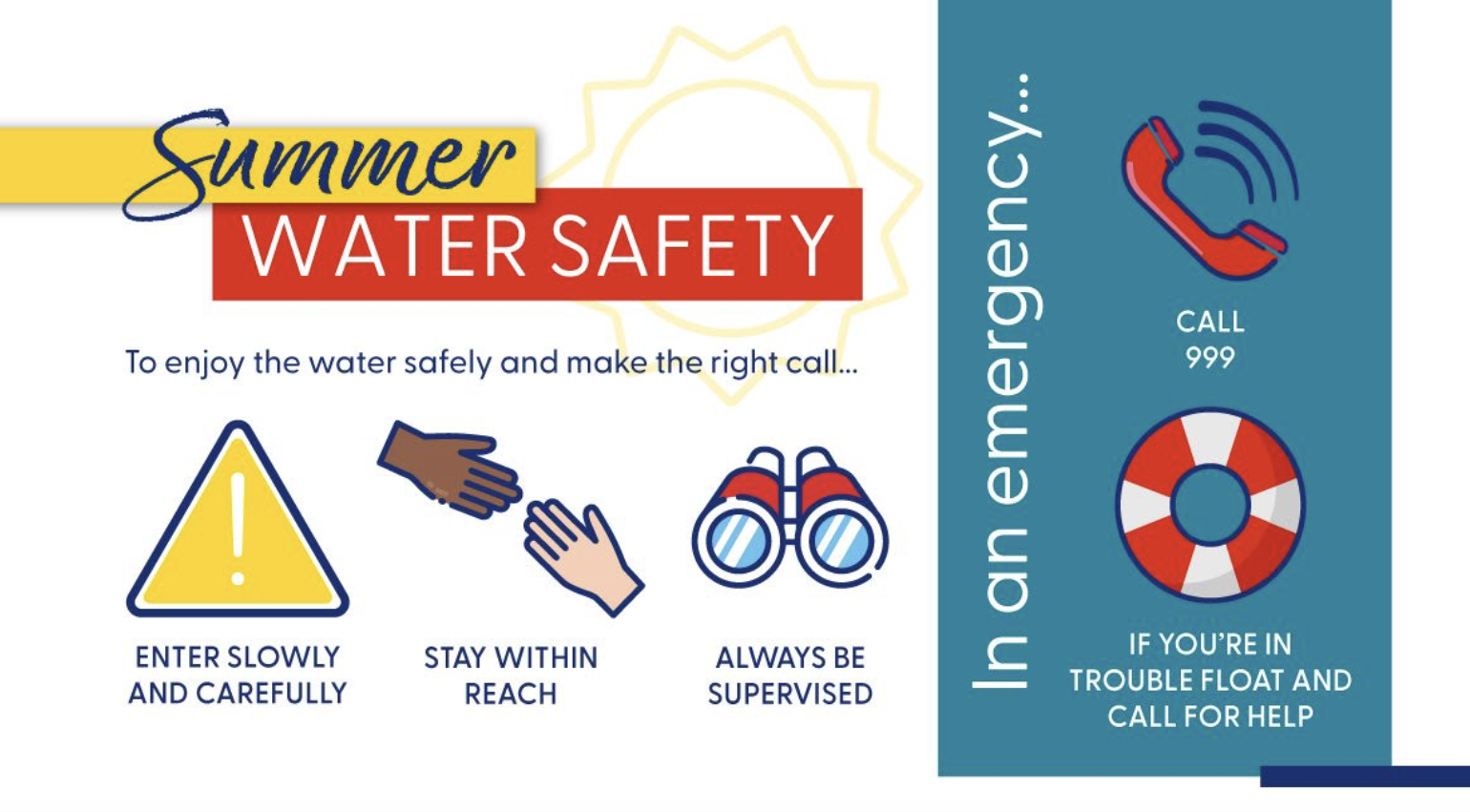Water Safety

Drowning is amongst the leading causes of accidental death in the UK. We want to make people safer by making them aware of the risks and dangers when around water, what to do if they fall into water and how to help someone who is in trouble in water.

HWFRS works in partnership with The Royal Life Saving Society UK (RLSS UK).
In the last 5 years, more than 1,500 people have accidentally drowned across the UK and Ireland* and many more have non-fatal experiences, sometimes suffering life-changing injuries.
HWFRS & RLSS UK, work together to educate people to enjoy water safely, to keep their families and friends safe and to know what to do in an emergency.
The RLSS UK offer valuable support and counselling services to friends and families that have been affected by drowning incidents.
Learn how to keep you and your family safe with the RLSS UK Water Safety Advice Leaflet.
* WAID (2018-2022) and Water Safety Ireland (2018-2022) WAID covers all the UK nations and Ireland, Republic of Ireland.
Winter Water Safety
In winter, children and pets are particularly at risk when tempted to play on the ice formed on open water, and adults can find themselves at risk in attempting to save them.
Taking a nice walk in cold weather with your family, friends or dogs in tow can be really refreshing, just make sure you know some simple tips on how to stay safe in winter.
Click Here for useful tips to stay safe.

Summer Water Safety
46% of drownings occur in the summer months and this rises to 75% amongst 13 – 17-year olds.
Rivers and Lakes/Lochs pose the greatest statistical risk as there are often hazards that the average person is equipped to handle and there is a lack of professional supervision.
Accidents are mostly preventable with the correct knowledge and judgment and here are our tips to staying safe in the water during the summer:
Click here for useful tips to stay safe

Water Safety Advice and Resources for Families
Water can provide so much joy but at the same time has the potential to cause unimaginable tragedy. Spending a short time providing a sound water safety education for the whole family can make the difference for a planned day at the beach or the park resulting in everybody enjoying their day and returning home, safely.
Learn how to keep you and your family safe with our water safety advice.
For more Resources for Parents, please click here.
Water Rescue Equipment Register
The Royal Life Saving Society UK (RLSS UK) and GoodSAM have partnered to develop a Water Rescue Equipment – Life Saving Map. The map plots Public Rescue Equipment (PRE), including Perry Buoys, rescue poles, and throw lines along the rivers, canals, coast and waterways of the UK and Ireland to assist in the case of an emergency incident.
For more information: https://www.rlss.org.uk/goodsam
Open Water Safety Tips
In the last 5 years, 96% of accidental drownings occurred at open water sites, either inland or on the coast. Many of these drownings occur due to a lack of knowledge and understanding of open water safety.
The basic principles of open water safety, combined with knowledge and understanding of the hazards, can increase the enjoyment of open water and significantly reduce the number of incidents that occur each year.
The benefits of swimming and dipping in open water are well documented. Not only does being in or on open water allow new adventure it also has documented benefits for both physical and mental wellbeing. All of these hazards can be controlled through proper organisation and planning.
Please click here for further information.
Quarry Safety
Quarries are a dangerous place event for the most competent swimmers. The water can be very deep and cold, putting you at risk from hypothermia and cold shock, which can prevent your muscles from functioning properly. Loose slippery slides can make it difficult to climb out and while unseen machinery and obstacles beneath the water can cause serious life-changing injuries or death.
Flood Advice
Check flood warnings, how to prepare for flooding, and what to do before, during and after flooding. Please click here.